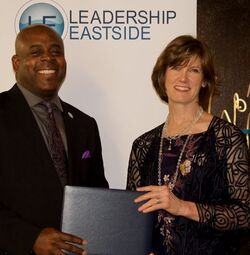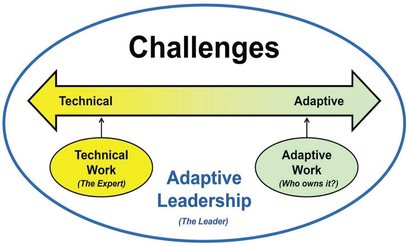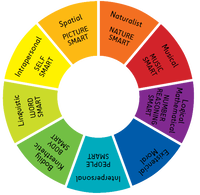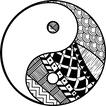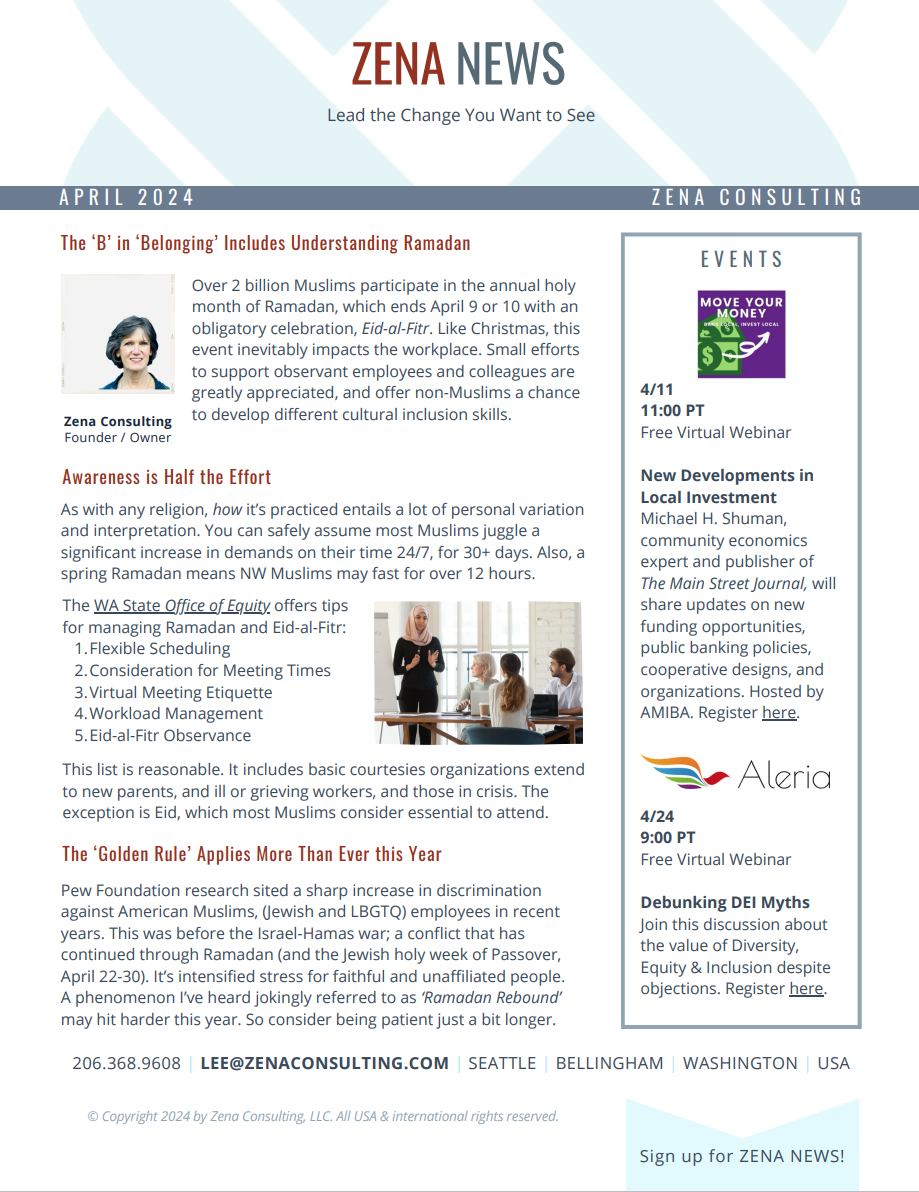METHODOLOGY
Leadership Starts with Communication
Leading today is tough. Expectations are higher and the risks are greater. Our clients tend to estimate or overlook the strengths, experiences, and abilities they can tap to communicate better. Here are the tools we use to help you assess and build interpersonal or cultural intelligence skills, and continue learning on your own. |

